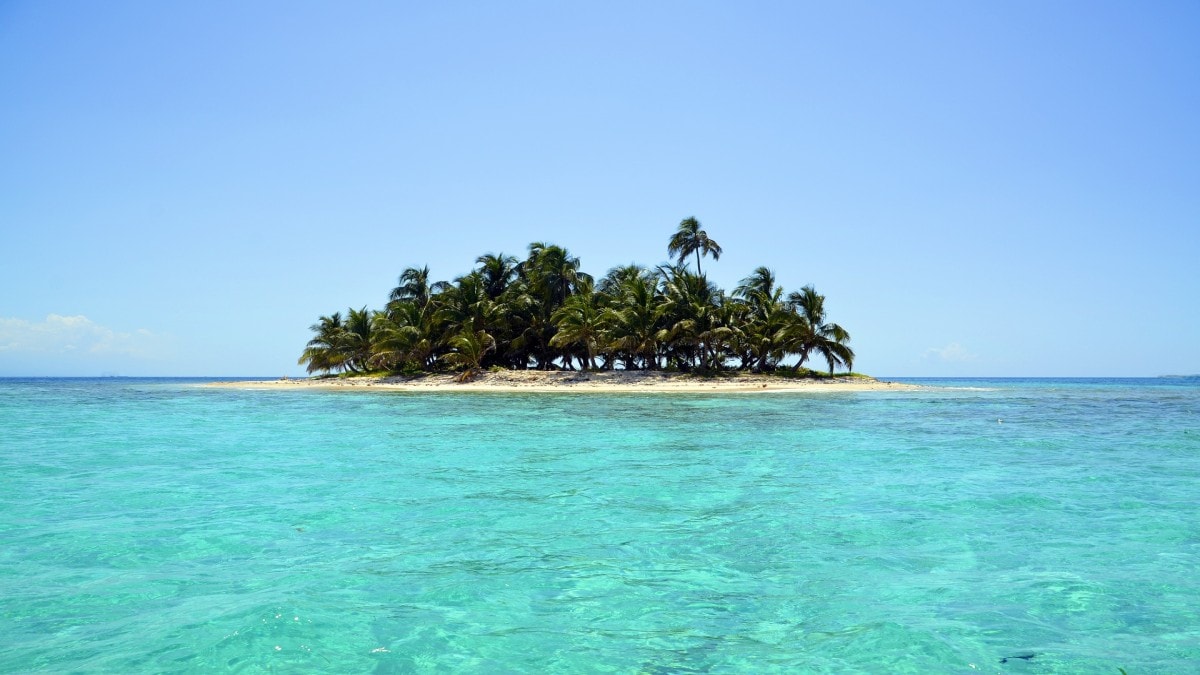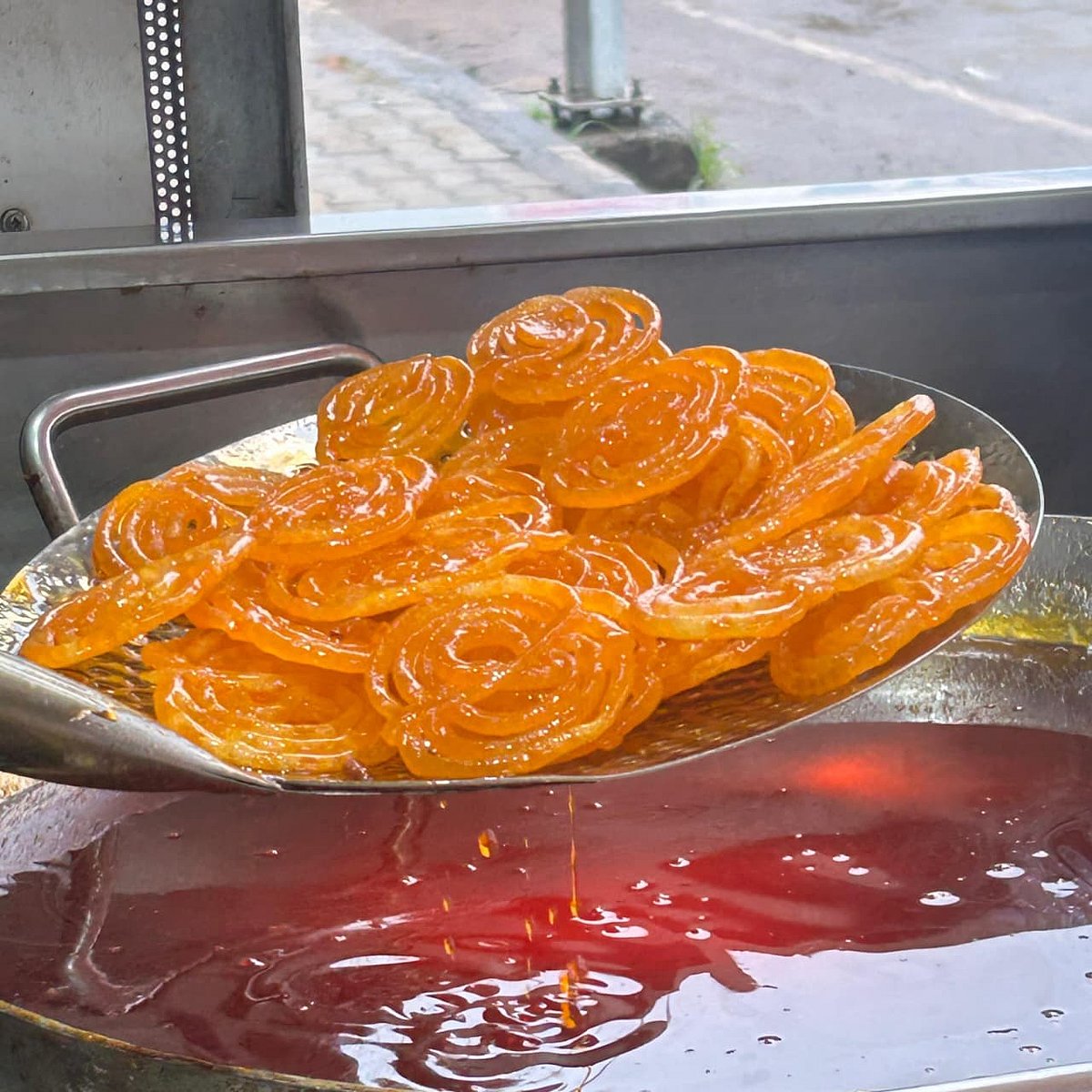Five facts about the island of Katchatheevu that India "gave away" to Sri Lanka
Multifaceted issues remain in relation to the Katchatheevu issue. The lives of fishermen from Sri Lanka and India are in jeopardy since they depend on the marine resources in the region

Prime Minister Narendra Modi asserted on Sunday, citing a media report, that new evidence demonstrated the Congress had “callously” granted Sri Lanka the island of Katchatheevu.
"Amazing and eye-opening! Recent information shows how Congress heartlessly gave Katchatheevu away. He shared the news on X and added, "This has infuriated every Indian and reinforced in people's minds—we can never trust Congress."
Modi added, “Weakening India’s unity, integrity and interests has been Congress’ way of working for 75 years and counting.”
Here are five things to know about Katchatheevu Island, that India ‘gave away’ to Sri Lanka.
Katchatheevu Island
Located in the Palk Strait, which separates India and Sri Lanka, lies the small, deserted island of Katchatheevu. Even though there are no permanent buildings on the island, there is a Catholic church there that is the centre of an annual pilgrimage attended by followers of both countries.
Fisherman from Sri Lanka and India rely heavily on the waters surrounding Katchatheevu as their fishing grounds. Regrettably, disagreements about fishing privileges have resulted in altercations and strains among these fishermen.
Evolution of Ownership
Originally, under the Madras Presidency of British India, Katchatheevu was a princely kingdom that was a component of the Ramnad Kingdom. The island was incorporated into the Indian state of Tamil Nadu following India’s independence in 1947.
Nonetheless, an agreement was signed in 1974 between Srimavo Bandaranaike, the prime minister of Sri Lanka, and Indira Gandhi, the prime minister of India at the time. As a consequence of this agreement, Katchatheevu was transferred to Sri Lanka with the goal of resolving disputes over maritime boundaries and enhancing diplomatic relations.
Aftermath of the Agreement
Despite being intended to promote friendly ties, the pact was controversial and faced with opposition, especially in Tamil Nadu.
A large number of legislators and fishermen expressed their disapproval, claiming that the arrangement violated the law and the constitution. They argued that neither the Tamil Nadu government nor the Indian Parliament had approved the move.
Furthermore, it was claimed that the deal violated the area’s long-standing fishing rights. Reclaiming Katchatheevu and restoring Indian sovereignty over it became a demand.
Prolonged Tensions and Ongoing Struggle
Katchatheevu continued to be a point of contention between Sri Lanka and India in the next years. A spike in violent incidents and arrests of fisherman from both nations occurred, and they were accused of invading each other’s territorial seas.
Many appeals and demonstrations in Tamil Nadu demanded that the 1974 agreement be revoked and that Katchatheevu be returned. There was limited opportunity for revision because both governments upheld the agreement’s legitimacy in spite of these attempts.
Current Landscape and Multifaceted Complexities
Multifaceted issues remain in relation to the Katchatheevu issue. The lives of fishermen from Sri Lanka and India are in jeopardy since they depend on the marine resources in the region.
On the other hand, it is still crucial to uphold both countries’ security and sovereignty.
Achieving a balance between these factors is difficult, particularly in light of the historical and cultural connections between the two countries.






















